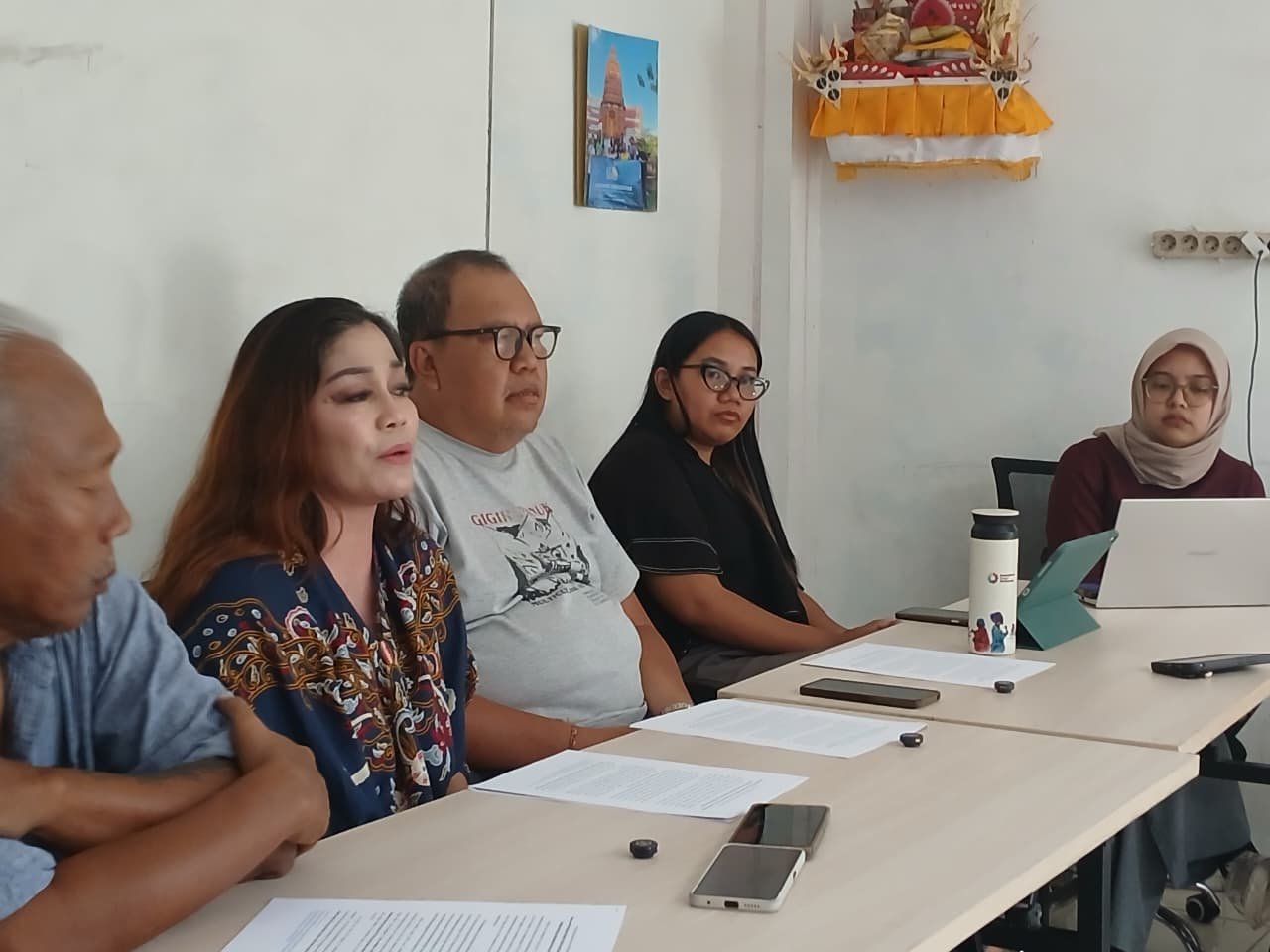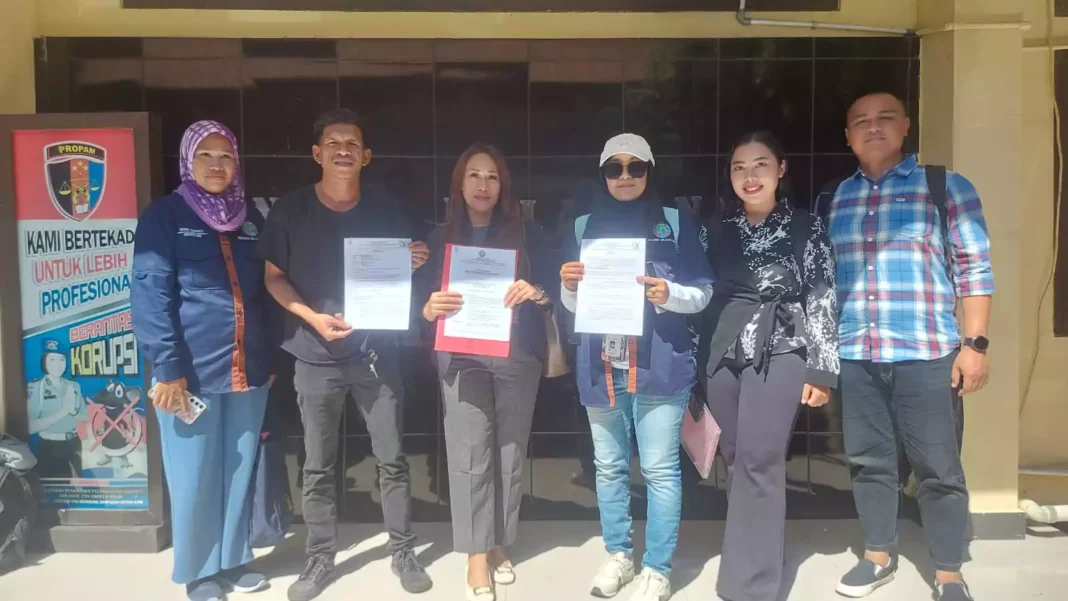Bali Protests – Let’s be real, folks. If we got upset every time there was a traffic jam in Canggu or a trash problem on the beach, we’d all be protesting 24/7. Bali runs on a certain level of beautiful chaos—it’s part of its charm.
But what happened after the recent Bali protests? That wasn’t charm. It was something else entirely.
Instead of talking about the mind-boggling 3,569% tax hike in Badung (yes, you read that right, it’s not a typo!), the insane cost of living, or the trash that sometimes seems to have a more permanent visa than some expats, the conversation took a weird turn.
Suddenly, the talk was about who is a “real” Balinese.
So, What Actually Sparked the Bali Protests?
Look, no one likes protests. They mess with the vibes and the traffic. But people don’t just wake up and decide to march for fun. The recent Bali protests were a boiling over of very real, very expensive frustrations.
Think about it:
-
The Taxman Cometh… Aggressively: A local tax increase that feels like something out of a dystopian novel.
-
Trash Talk (The Literal Kind): Waste management that can’t always keep up with the island’s pace.
-
Wallet Woes: The price of everything from a decent avocado toast to rent is soaring, while wages aren’t exactly playing catch-up.
These are quality-of-life issues. They affect everyone who lives here—whether your family goes back generations, you moved from Jakarta for a tech job, or you’re a digital nomad trying to figure out how to order nasi campur without pointing.
The “Outsider” Narrative: A Classic Misdirection Play?
Here’s where the plot thickened. In response to these Bali protests, two high-ranking officials made headlines themselves.
The Governor and a top police official suggested that those causing trouble in the Bali protests probably weren’t “real” Balinese people, hinting that outsiders were to blame.
Cue the record scratch.
This felt less like a solution and more like a classic strategy: when you can’t fix the problem, change the subject. It’s easier to point fingers at “outsiders” than to answer why a plate of mie goreng now costs as much as a fancy cocktail.
It’s a dangerous game. For an island that literally thrives on welcoming the world, dividing people into “us” vs. “them” is, to put it lightly, bad for business and community spirit.

The Real Balinese Spirit Isn’t About Your KTP
The beautiful thing about Bali is its soul—the philosophy of Tat Twam Asi (I am you, you are me). It’s a sense of shared humanity. That’s what draws people in.
The history of this island is filled with stories of unity against adversity, not division. To reduce the complex economic anxieties behind the Bali protests to a simple identity issue misses the point entirely.
The folks speaking up aren’t just “protestors”; they’re residents who are worried about making ends meet in the place they love. That’s a feeling anyone, regardless of their passport, can understand.
Moving Forward: Less Blame, More Solutions
So, where do we go from here? The hope is that everyone takes a deep breath.
-
For Officials: Maybe listen to the actual complaints instead of questioning the complainers. The issues raised in the Bali protests are valid and need addressing, not dismissing.
-
For Everyone Else: Let’s not fall for the division. The problem isn’t your neighbor from Bandung or Sydney. The problem is policies that make life unsustainable.
The goal shouldn’t be to figure out who gets to complain. The goal should be to make Bali a livable, thriving place for everyone who calls it home. Because that’s the Bali we all fell in love with.
This opinion piece was written by Giostanovlatto, Founder of Bali Today. He writes regularly on Bali’s social, cultural, and political dynamics, with a focus on democracy, identity, and the everyday struggles of its people. In this piece, he reflects on the dangers of identity politics voiced by Bali’s top officials and calls for leadership grounded in humility, justice, and unity.





